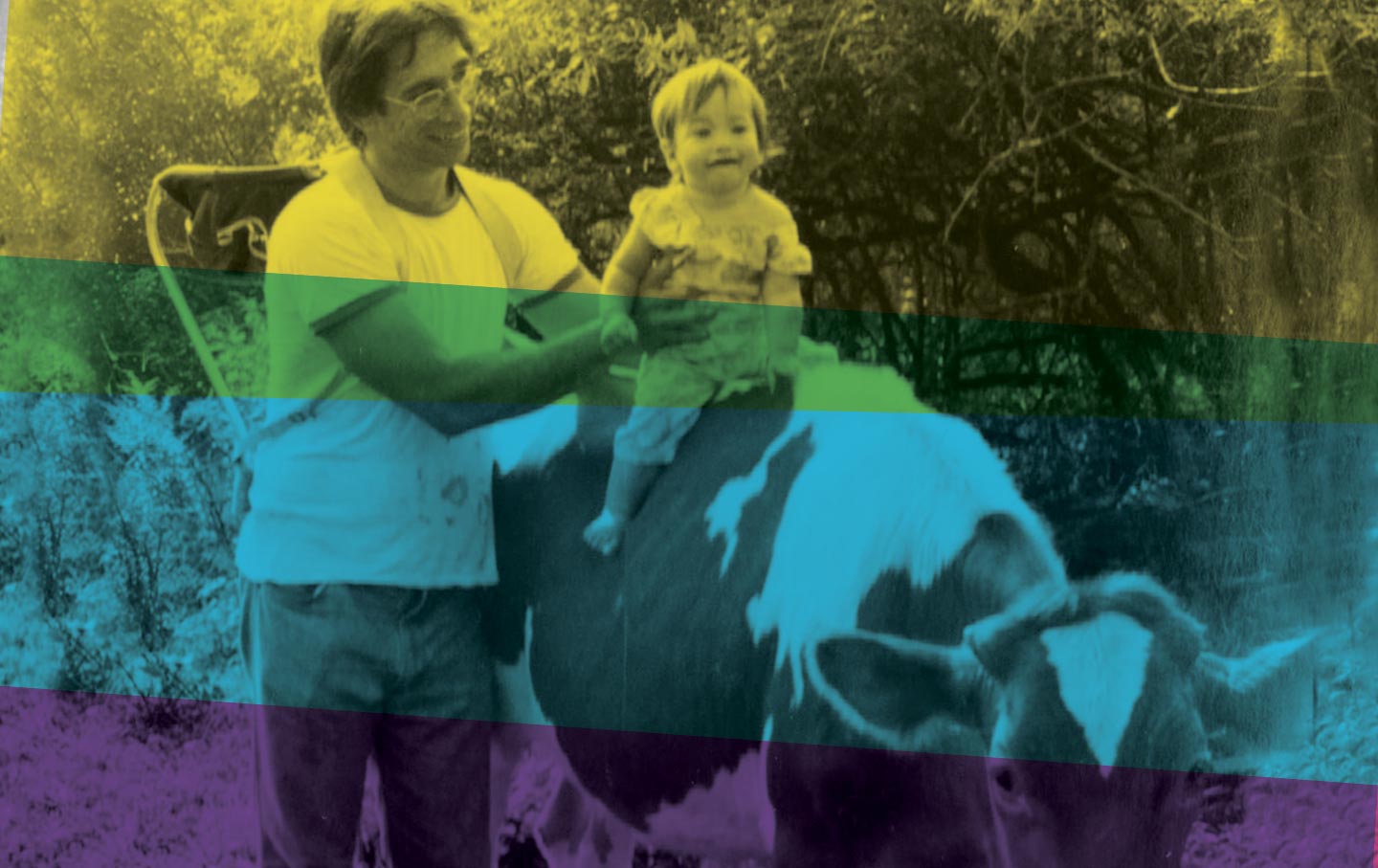Inviting our friends into a larger part of our lives means reclaiming more of our time from the isolation of work and daily survival. Our social lives and our survival become the same thing. Entertaining each other at dinner parties will always be fun, but what about sharing child care or joining community organizations together? When it comes to working for my employer, a strict boundary is essential. But when it comes to hanging out with my friends, why should I be so rigid? Why not allow my social life to overtake my errand running and my chores? Why must we try to “entertain” each other when our relationships would become much deeper and more interesting if we did things together other than nibble hors d’oeuvres and drink wine?
The biggest lessons from communal living probably have to do with child care and elder care, I suspect, simply because post-industrial isolation-living has screwed over caretakers so bad.
I found this via Anne Helen Petersen, who wrote:
Even people who come out on theoretical top of this personal choice pile — because of income, race, inherited wealth, credentials, location, home equity — are still miserable. Everyone’s doing their own dishes and we’re all lonely. So what would other ways of living look like? We often don’t have to look too far to find them: they’re in our immediate histories, even in our immediate proximity, in everything from babysitting co-ops to barnraisings. You don’t need a lot of resources to start them. You just need an abundance of imagination, enough to overcome our current understanding of what the rhythms of daily life should look like.
I’m in an incredibly privileged position and I can feel how true this is. I want to start working with my little household to figure out how enmeshing ourselves with others could look post-pandemic…

